The battle of Merce el-Kebir. Facts and Figures
"Catapult"
In early July 1940, the English naval fleet a series of operations was carried out, killing more than 1 French sailors. United under the general name "Catapult", they provided for the capture or destruction of the ships of their allies of yesterday in the English and colonial French ports.
The main events during the implementation of the aforementioned operation took place as follows. The British seized the battleship Courbet in Portsmouth on July 3, the next day in Paris the turn of the battleship Paris, the counter-destroyer Le Triomphant, the destroyer Mistral and the world's largest submarine Surcouf. The British also planned a raid on the port of Pointe à Pitre, where the aircraft carrier Béarn, the cruiser Émile Bertin and the light training cruiser Jeanne d'Arc were located, however, the attack planned for 8 July was canceled at the last minute due to the personal intervention of US President Franklin D. Roosevelt. On July XNUMX, at the port of Alexandria, the British threatened the crews of the French battleship Lorraine, the cruisers Duquesne, Tourville, Suffren and Duguay-Trouin, as well as the destroyers Forbin, Fortuné, Basque and the Persée submarine to deliver them ship fuel, gun locks and torpedo warheads. Part of the crews of the French ships was interned. Three days later, Rear Admiral Planson rejected the English ultimatum, and on the morning of July XNUMX, the battleship Richelieu, located in Dakar, was attacked by six English torpedo bombers from the Hermes aircraft carrier. One of the torpedoes dropped by them damaged the stern of the vessel, a significant amount of sea water was received through the resulting hole with an area of almost eighty square meters, and the ship crashed.
The largest naval battle involving linear forces
In one case, it came to an armed clash at Mers al-Kebir, which became the largest naval battle in the European theater of operations with the participation of linear forces during the Second World War.
In the early morning of July 3, the “N” compound, whose cash was represented by the flagship battlecruiser “Hood” (flag of Vice Admiral D. Sommerville), the battleships “Valiant” and “Resolution”, the aircraft carrier “Ark Royal”, and the cruisers “ Arethusa ”and“ Enterprise, ”approached Oran.
At 06:31 (hereinafter referred to as English), the Fairey Swordfish biplane (hereinafter Swordfish) rose from the deck of the Ark Royal aircraft carrier, heading for reconnaissance and for tracking to the unfinished naval base Mers el-Kébir ) and the port of Oran. According to the Anvil (Anvil) plan, aircraft carrier aircraft were supposed to attack French surface ships and submarines deployed in these two ports with bombs and torpedoes. Also on aviation Ark Royal carrier group was entrusted with ensuring the adjustment of the fire of heavy ships.
Two hours later, the scout reported that the French battleships and counter-destroyers were breeding pairs. Forty minutes later, he received a message that tents were being turned off on French battleships and four Swordfish biplanes flew out to French ports for reconnaissance. At 11:05, the commander of Compound H, Rear Admiral D. Somerville (James Fownes Somerville) gave the order to drop six Mark I aviation magnetic mines (weight 680 kg, explosive weight 340 kg), and at 13:07 to Mears el- Five Swordfish biplanes flew off the kebir, accompanied by six Blackburn B-24 Skua aircraft (hereinafter Skua), where one mine was dropped in front of the anti-submarine fence blocking the harbor entrance, and another four behind the barrier. The discharge of mines was carried out from a height of 90 meters at an aircraft speed of 175 km / h.
At 13:45, seven Swordfish biplanes were lifted from the Ark Royal deck, accompanied by three Skua planes, four went on reconnaissance, one on reconnaissance, and two on anti-submarine patrols. At 15:25, two Swordfish biplanes (No.4K and No.4M) mined the entrance to Oran Harbor. Both mines were dropped from a height of 45 meters at a distance of 60 meters from the entrance to the harbor, as a result, not a single ship with a displacement of more than a thousand tons could leave the port without risk of being blown up by a mine. British planes, laying mines, at a height of about sixty meters approached the French ships and freely counted them (seventeen destroyers and avisos, a large number of transports and a hospital ship “Sphinx” with a displacement of 11 tons), while the French side showed complete indifference to the actions of yesterday allies.
At 16:20, the Ark Royal was in full swing - it was necessary to ensure the return of 13 Swordfish biplanes, 9 Skua aircraft and three Swordfish floats. Three Swordfish were lifted to replace the air, set off to barrage over Mers al-Kebir.
At 17:15, after an unsuccessful completion of the nine-hour formal negotiations with the French, who rejected the English ultimatum, Somerville, urged by the Admiralty, ordered firing on the French compound, which included the battleships Dunkerque, Strasbourg, Bretagne and Provence , the Commandant Teste, the counter-destroyers Mogador, Volta, Terrible, Kersaint, Lynx and Tigre. A little later, between the commanders of the English and French units, an exchange of radio messages took place. In the case of failure to accept the ultimatum to open fire on the French, Vice Admiral M. Zhansul (Marcel-Bruno Gensoul) replied briefly: “Do not create the irreparable”
At 17:54 the first to open fire was “Resolution”.
Then “Valiant” and “Hood” entered the battle sequentially. On the French side, a minute and a half later, the first to return fire was the Provence.
Over the next thirteen minutes of fire contact, the English heavy ships, at a maximum visibility range of about 17 yards, made thirty-three volleys. Three more salvos (probably seven 500 "shells) were made by the English flagship on the coastal battery Fort Canastel (Canastel). In total, heavy ships of the compound" H "fired 15 144" shells, including the battle cruiser "Hood" fifty-five ( according to other sources, fifty-six). Taking into account the shooting at the coastal battery, it can be assumed that 15 137 "shells were fired directly at French ships.
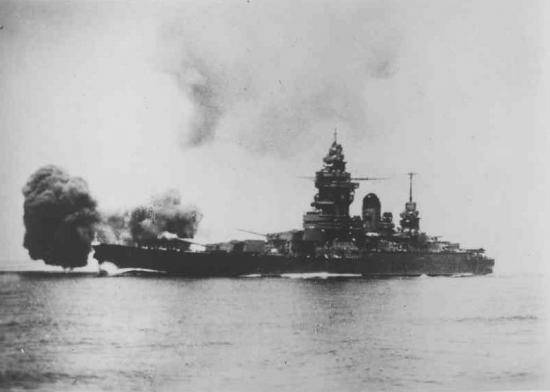
In total, three French battleships fired 67 main-caliber shells, including “Dunkerque” - forty 330-mm shells (six volleys, red bursts), “Strasbourg” - four 330-mm shells (blue bursts), “Provence "- twenty-three 340-mm shells (ten salvos, bursts of green). The battleship "Bretagne" also fired at the enemy (the British observed splashes of yellow), but the number of shells fired by him is unknown.
The fire of the British, unlike the French, who did not achieve a single hit, turned out to be extremely accurate - the French ships were hit by ten 15 "shells (one in the counter-destroyer" Mogador ", four in" Bretagne ", four in" Dunkerque "and one in "Provence").
Shooting compound "N", marching seventeen-node course, was conducted in not very favorable conditions. The targets were located against the coast, the observation of the fall of shells was initially hampered by the presence of a fort and a high pier, and immediately after the fall of the first shells the harbor became clouded with smoke mixed with light fog, which exacerbated the situation and made it impossible to observe the shells fall, so the British as a guide a lighthouse was used for sighting. Apparently, given the conditions of the upcoming shooting, the British relied on the control of the fire of the ships according to the data of the aircraft-spotters (GIC - Individual Ship Control). The firing accuracy achieved as a result (7,3%) looks impressive, especially against the background of firing accuracy of battleships in two other known cases.
During the Battle of Jutland, the English battleships Barham, Valiant, Warspite and Malaya fired 1 main-caliber shells (range 099-17 yards), of which 000 were hit. American battleships Colorado, “Maryland” and “West Virginia” fired at a twelve-node firing range during the 22-000 period, firing fifty-six 29 ”rounds (seven volleys). The targets — the floating shields — were at a distance of about 1930 yards, the accuracy achieved by three battleships amounted to 1931%, 16% and 12%, respectively.
French coastal artillery, as well as their land-based air defense systems, also demonstrated ineffective firing.
From land, the sea approaches to the French naval base were covered by eight coastal defense batteries distributed between four sectors.
1) Sector Est d'Oran:
- Cape Laguy: two 95-mm guns of coastal defense (canon G de 95 mm Mle 1888).
- Fort Canastel: three (according to Jensul two) 240 mm guns from a battleship of the "Danton" type (canon de 240 mm mle 1902).
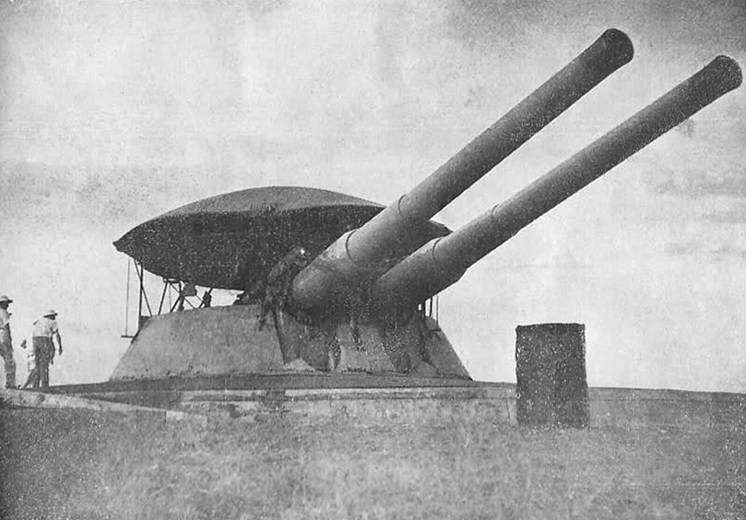
- Battery Espagnole: two 75 mm guns.
- Battery Gambetta: four 120 mm guns.
2) Sector A Oran:
- Battery Saint Grégoire: four 95-mm guns of coastal defense (canon G de 95 mm Mle 1888).
3) Sector Ouest d'Oran:
- Fort Santon: four (according to Jensul, two) 194-mm guns (canon de 194 mm mle 1902).
- Cape Falcon: two 95-mm guns of coastal defense (canon G de 95 mm Mle 1888).
4) Mers El Kébir Sector:
- Two-gun 75 mm battery (canon de 75mm Mle 1897).
In pursuance of the order received the day before the British attack, to disarm, according to the terms of the armistice, all coastal batteries, from part of the guns, managed to remove the gun locks, which the next day, after the British had submitted an ultimatum, they had to urgently unpack and put the guns in combat readiness. The coastal Fort Forton battery of 194 mm guns fired 30 shells at the English flagship, without achieving a single hit. The return fire of the Arethusa cruiser, firing four 6 "rounds (two volleys), as well as the Hood battlecruiser, which fired three volleys at the battery, also failed. Intensive fire on the English destroyer Wrestler was fired by Fort Canastel coastal batteries (240 guns from a battleship of the "Danton" type), as well as Espagnole (2 75 mm guns) and Gambetta (2 120 mm guns). However, none of them reached the target, for the Wrestler, like the other fighter fired by the French , hid behind a smoke screen.
The armament of Fort Mers al-Kebir also included the 159th air defense battery (four 75 mm anti-aircraft guns on the Mle 1915-34 mount).
In the air defense of Oran - Mers-el-Kebir, in addition, they included:
- 157th air defense battery (four 75-mm anti-aircraft guns Mle 32);
- 158th air defense battery (four 75-mm anti-aircraft guns Mle 1915-34);
- 160th battery (four 75-mm anti-aircraft guns Mle 1915-34).
These three batteries, as well as the 159th battery, were organizationally part of the 53rd group of the 66th RAA regiment (régiment d'artillerie d'Afrique - African artillery regiment).
The following forces were subordinated to the navy on the shore:
- Mobile N ° 2 battery of the Navy (four 90 mm Mle 32 anti-aircraft guns).
- Navy mobile battery N ° 8 (four 90 mm Mle 32 anti-aircraft guns).
- A site in Oran, covered by 8 mm Mitralechis Hotchkiss (Hotchkiss modèle 1914).
It should be emphasized that not a single air defense battery after the armistice did not proceed to disarmament. Almost all of them opened fire on British aircraft, however, not one of them was shot down due to insufficient training of personnel, especially to combat low-flying targets.
French aviation, despite the quantitative and qualitative superiority, was also not up to par.
Against the aircraft formation of the Ark Royal aircraft carrier, which included 3 aircraft on July 45 (800th squadron - 12 Skuas; 803th squadron - 12 Skuas; 810th squadron - 12 Swordfish; 818th squadron - 9 Swordfish), the French could oppose the combined forces of the French Air Force and Navy from the military airfields of Sénia (La Sénia) and d'Arzew (d'Arzew), located at a distance of six and thirty-five kilometers, respectively, from Mercy el-Kebira. The first was based on fifty Morane-Saulnier MS.406 and Curtiss Hawk 75A-4 fighters, as well as fifty medium and light Lioré-et-Olivier LeO 45 and Bloch MB.174 bombers. On the second, there were 8 Loire 130 seaplanes.
If, according to the command of the base, Seny Colonel Rougevin (Rougevin), the crews of the bombers were not prepared to conduct military operations against naval targets, and the bombers themselves were only partially combat-ready (in accordance with the order received in June, some of the instruments were removed from them), then the fighters According to him, they were in perfect order, and the pilots were ready to perform combat missions.
In the interval 18: 05-18: 20 with the order to bombard the English ships, six seaplanes took off, three of which, pursued by British aircraft, managed to reach the target and drop six 75 kg of bombs.
Late in the evening, two Skua returning to the Ark Royal collided with a Breguet 521 Bizerte flying boat. After the second attack of one of the English fighters, the French, having disabled one of the three engines and a broken gas tank, dropped several 400 kg bombs on the English destroyer Wrestler, which fell forty-five meters from the ship.
At 17:20, Jensul received an order to raise fighters into the air, out of the fifty available, forty-two took off. However, as noted by English observers, the attacks of French fighters, which had numerical and material superiority, but which, according to Jensul's report, did not have clear orders, were not persistent.
Within ten minutes, while the compound "N" fired, two spotters unimpededly carried out their task until at 18:04 the command to cease fire was received by the British. Later, both biplanes were attacked by French fighters. The first of them, maneuvering at low speed, managed to evade the attacking French fighter, the second was covered by anti-aircraft artillery of British surface ships.
At 18:30, five French Curtiss fighters spotted a Skua link, re-attacking the Ark Royal spotter.
As a result of a short battle, the French managed to bring down one Skua, both crew members were killed. The French did not develop success and returned to base, and the remaining Skua escorted the second Swordfish to an aircraft carrier.
At 19:10, at an altitude of 3650 meters, nine Curtiss and Morane fighters attacked a single Swordfish from the back hemisphere, in the subsequent “dog fight” with two English escort fighters, two French planes (Curtiss and Morane) were injured and left the battlefield. Twenty minutes later, two more Curtiss appeared, and a “dog fight” ensued with no visible results on either side.
Losses of Ark Royal aircraft during daytime operations amounted to five units - 2 Swordfish (bomber and reconnaissance aircraft) were shot down by anti-aircraft fire of French ships going to Toulon, one Skua was shot down in an air battle, and two more reconnaissance aircraft Swordfish and Skua made forced landing on the water.
The French side had no losses in aircraft.
Conclusions
The combination of objective and subjective reasons prevented the French armed forces, despite the resources and capabilities, from repelling the treacherous attack of yesterday’s ally. A considerable part of the blame for the tragedy, according to the author, lies with the French commander, who at the crucial moment showed himself not as a combat commander of the squadron, but as an official in the admiral's uniform, which, in essence, he was.
Applications
Hits in French ships:
The battleship "Dunkerque".
The first 15 "shell hit the roof of the tower II guns of the main caliber.
An explosion did not follow, the shell from the impact split into several parts, ricocheting in different directions. A dent was formed on the outside of the armor plate (150 mm thick), a piece of armor 100-120 mm thick and weighing more than 200 kg flew off from the inside, damaging gun No. 8.
The second 15 "shell, also without exploding, went through the aircraft hangar, leaving a through hole in the latter and damaging the deck area.
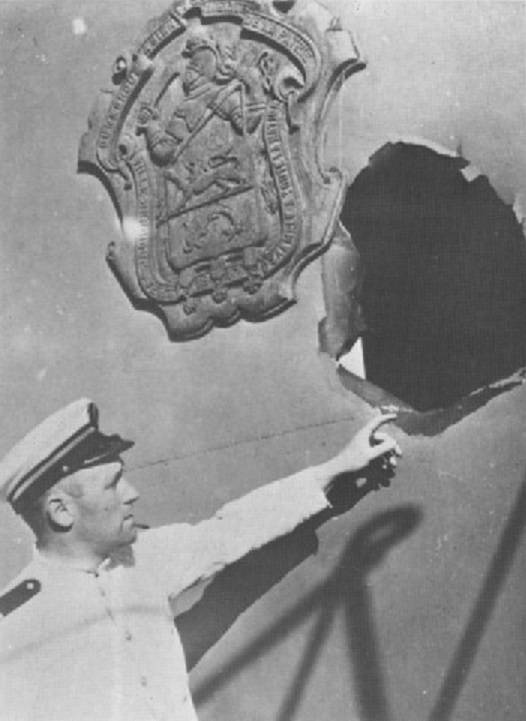
The third 15 "shell pierced the 225-mm plate of the main armor belt on the starboard side, passed through a number of rooms and exploded in a medical equipment warehouse.
The consequences of this hit made themselves felt until nightfall: five or six 130-mm shells exploded, exacerbating the damage caused by the English shell and causing a severe fire, to eliminate which it was necessary to flood the cellar of tower No. 3 of an average caliber, and then the cellar of a similar tower IV.
The fourth 15 "shell hit the main armor belt almost above the waterline. Having pierced the armor plate (225 mm thick) and the slant of the armored deck (40 mm thick), the shell went through the fuel tank filled with fuel oil almost to the top and exploded in the compartment of the boiler room No. 2.
As a result of the last two hits, two of the three boiler rooms stopped working, and the aft compartment was de-energized. The starboard network ceased to function, the fire control posts of the guns of caliber 330 mm and 130 mm, as well as the tower II of the main guns, ceased operation due to lack of electricity.
The battleship Provence.
An unexploded 15 "shell that hit the tower of the battleship" Dunkerque ", on impact, split into several parts, one of which - almost the entire main part of the shell - hit the Provence focus mast. The result was the failure of the central command and rangefinder post and grave wound of a senior artillery officer of the ship, Lieutenant Cherrière, who lost his leg.
Later, with unidentified objects, possibly fragments, two more range finders were damaged, including the one installed on tower II of the main caliber, and the muzzle of the barrel of the right 340 mm gun of tower III was deformed.
The hit at 17:03 of the only 15 "shell that hit the battleship fell on the stern (in the photo you can see the inlet, from the opposite side the breaking out clubs of steam attract attention).
Passing through the officer’s cabin and breaking through the armored deck, the shell damaged the pipe of the steam distribution manifold, and then exploded in a warehouse located on the inside of the port side. One of the armored plates (thickness 160 mm) was blown off the mounts by the force of an explosion; a hole was formed in the ship's hull. Since the fire in the officer’s cabin and steam escaping from the chimney quickly raised the temperature in a number of rooms, heating the bulkhead of the main caliber artillery cellars, the decision was made to flood the cellars of tower V first and then tower IV.
As the feed was immersed in water, the resulting hole began to enter the water, which increased the volume of water entering the vessel. Rear Admiral Buxen (Jacques Félix Emmanuel Bouxin), fearing for the fate of the battleship, ordered the ship's commander to land the Provence, where two more hours the fighting between the emergency crews and the two tugboats that approached broke off against the fire that raged around the stern of the ship.
Counter-destroyer "Mogador".
Being the flagship (flag of Rear Admiral Lacroix (Émile-Marie Lacroix)), the ship led a group of six destroyers who left the parking lot and moved to the port exit.
As a result of a direct hit of a 15 "projectile at the stern, 16 depth charges were detonated (weight 250 kg, according to other sources 200 kg).
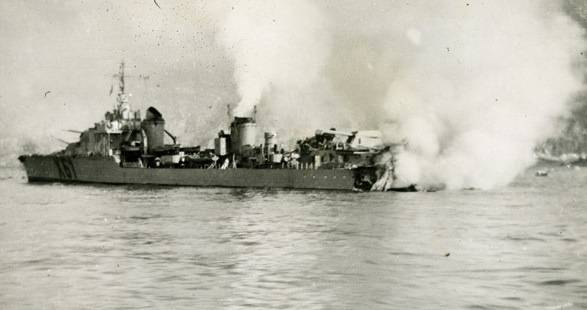
Interestingly, the stern artillery cellar of the main caliber guns, directly adjacent to the explosion site and protected by an armored bulkhead, survived. Ship’s cars weren’t affected either.
The messenger ship (advice) Rigault de Genouilly.
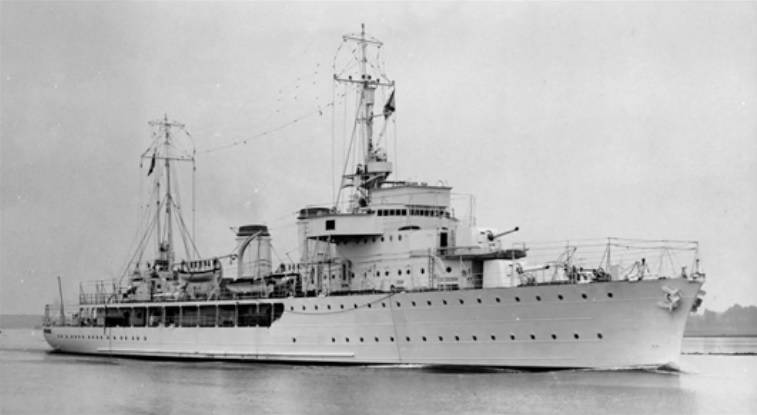
On July 3, 1940, the advice note was in Oran. Having received news of the British attack on the French squadron, the ship quickly leaves the port to try to join the escort of the battleship "Strasbourg", but the low speed did not allow him to fulfill his plan. After an unsuccessful maneuver, the ship faces the English squadron and, as a result of a brief skirmish with the Enterprise cruiser, gets damaged. The number of hits is not known. The next day, the Rigault de Genouilly was torpedoed by the English submarine Pandora. Holding out on the water for about an hour, the ship broke in half and sank.
Used sources and literature
1 John Campbell Jutland: An Analysis of the Fighting.
2. Warren Tute. The Deadly Stroke.
3. Williams J. Jurens. Evolution Of Battleship Gunnery In The US Navy 1920-1945.
4. Bruce Taylor. The End of Glory: War & Peace in HMS Hood 1916-1941.
5. David Brown The Road to Oran: Anglo-French Naval Relations, September 1939-July 1940.
6. Charles D. Pettibone. The Organization and Order of Battle of Militaries in World War II: Volume VI Italy and France.
7. Report of Proceedings HMS Warspite at the Battle of Jutland.
8. Report of Proceedings HMS Valiant at the Battle of Jutland.
9. The official Admiralty war diary of Force H during Hood's time of involvement.
10. An official Admiralty account of the action at Mers El-Kebir.
11. A firsthand account of the action written by Royal Marine Band Corporal Walter Rees, of HMS Hood.
12. A firsthand account of the action written by Paymaster Sub-Lieutenant Ronald G. Phillips, of HMS Hood.
13. Robert Dumas. Les cuirasses Dunkerque et Strasbourg.
14 Jean Moulin Les cuirassés français de 23500 tons.
15. Le premier rapport de l'amiral Gensoul.
16. Le deuxième rapport de l'amiral Gensoul.
17.air-defense.net.
18.laroyale-modelisme.net.
19.sudwall.superforum.fr.
20.merselkebir.unblog.fr.
21.Dynamic-mess.com.
22dhistory.de.
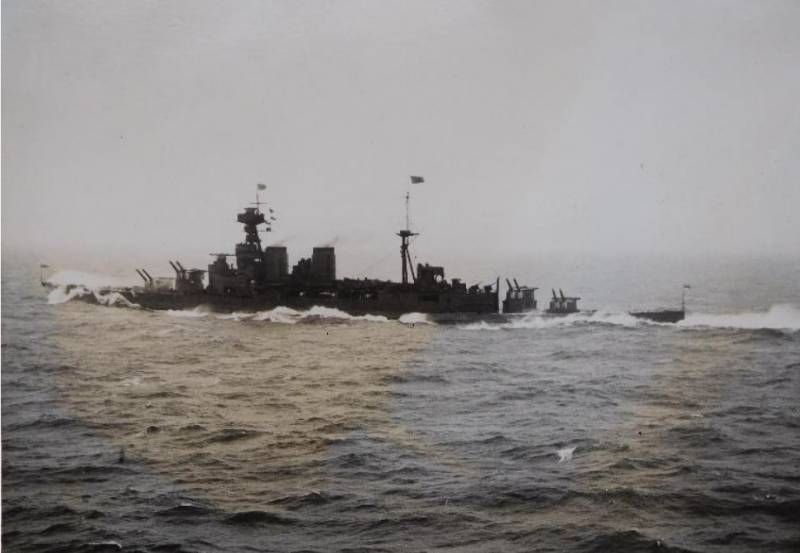
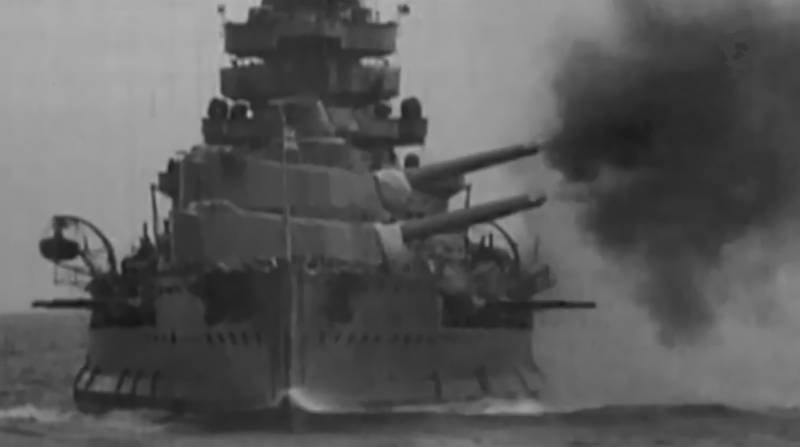
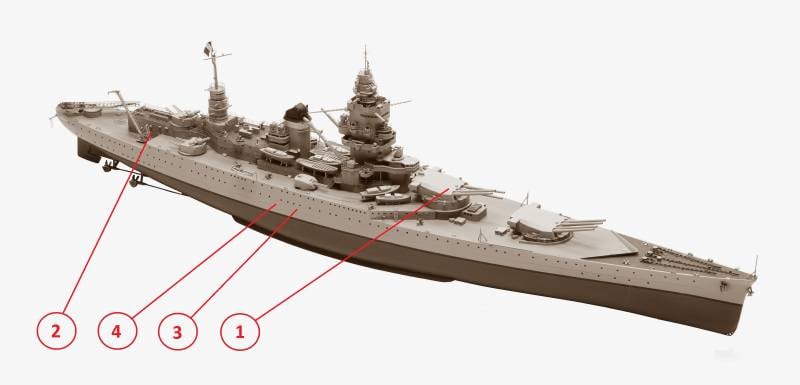
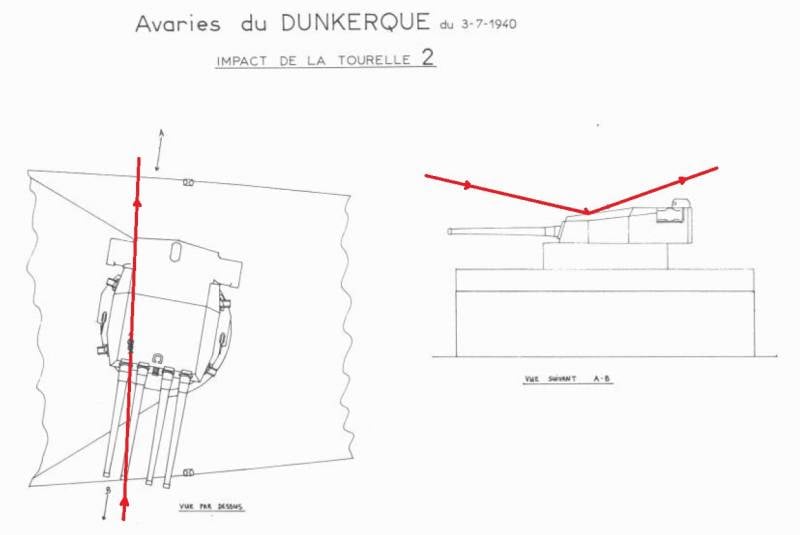
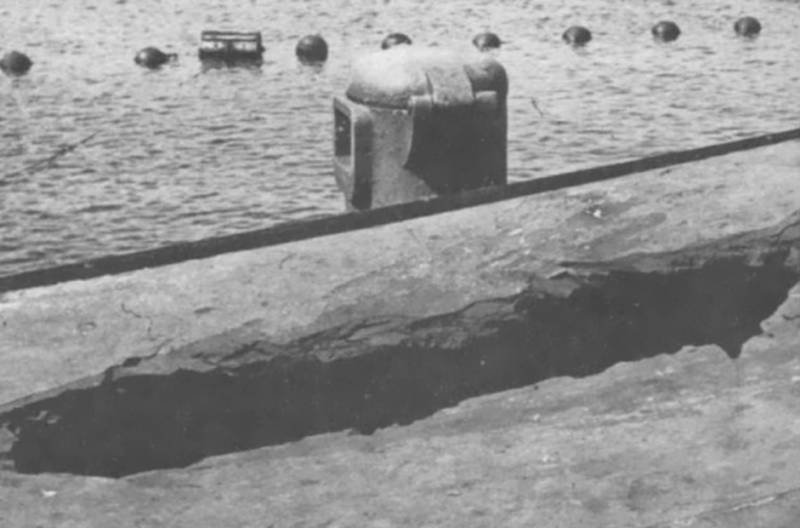
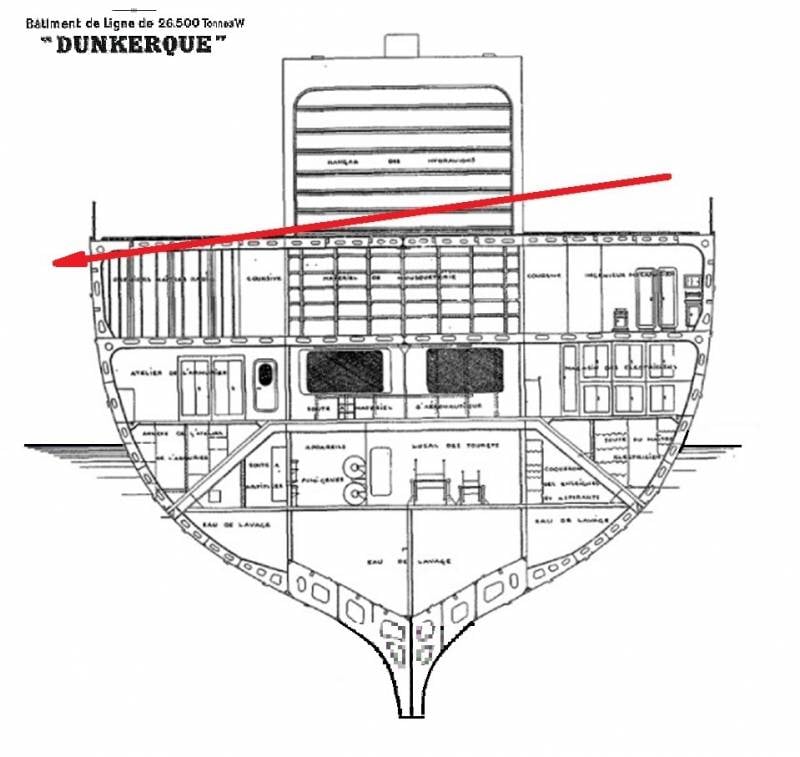
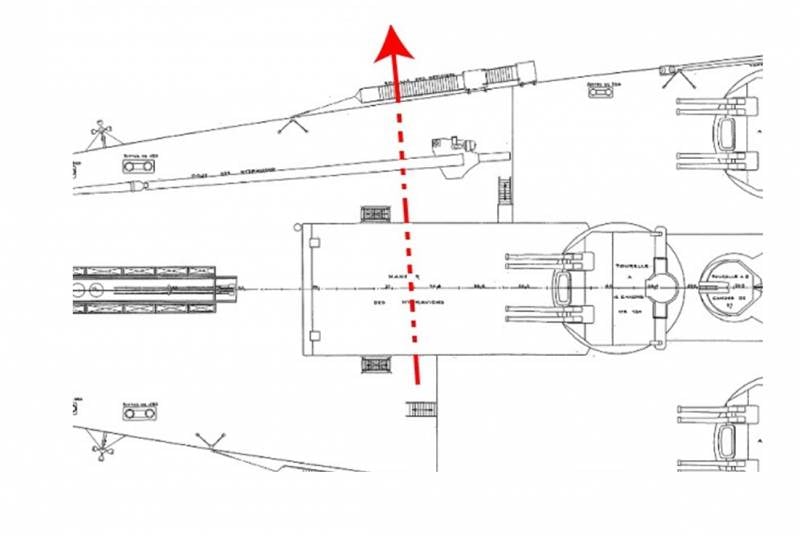
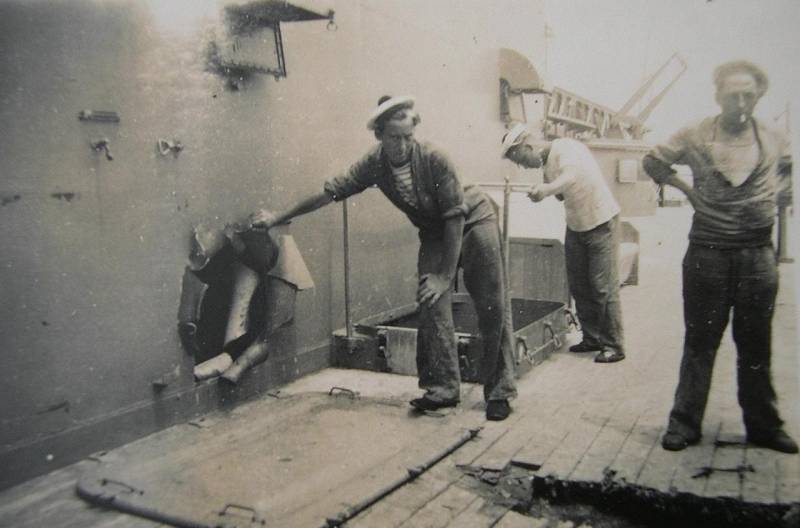
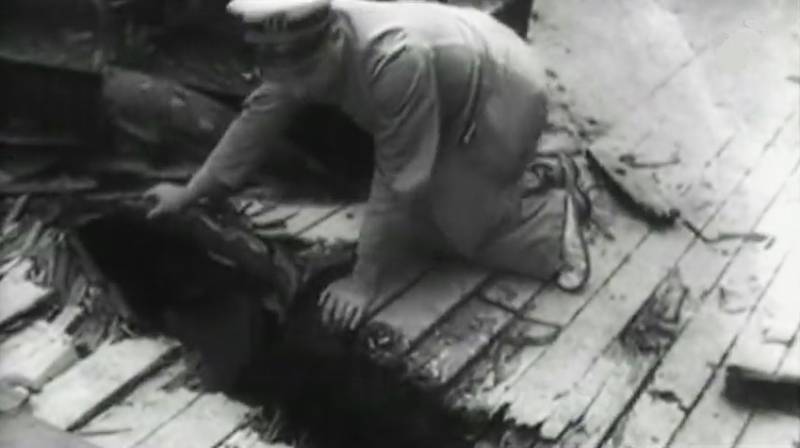
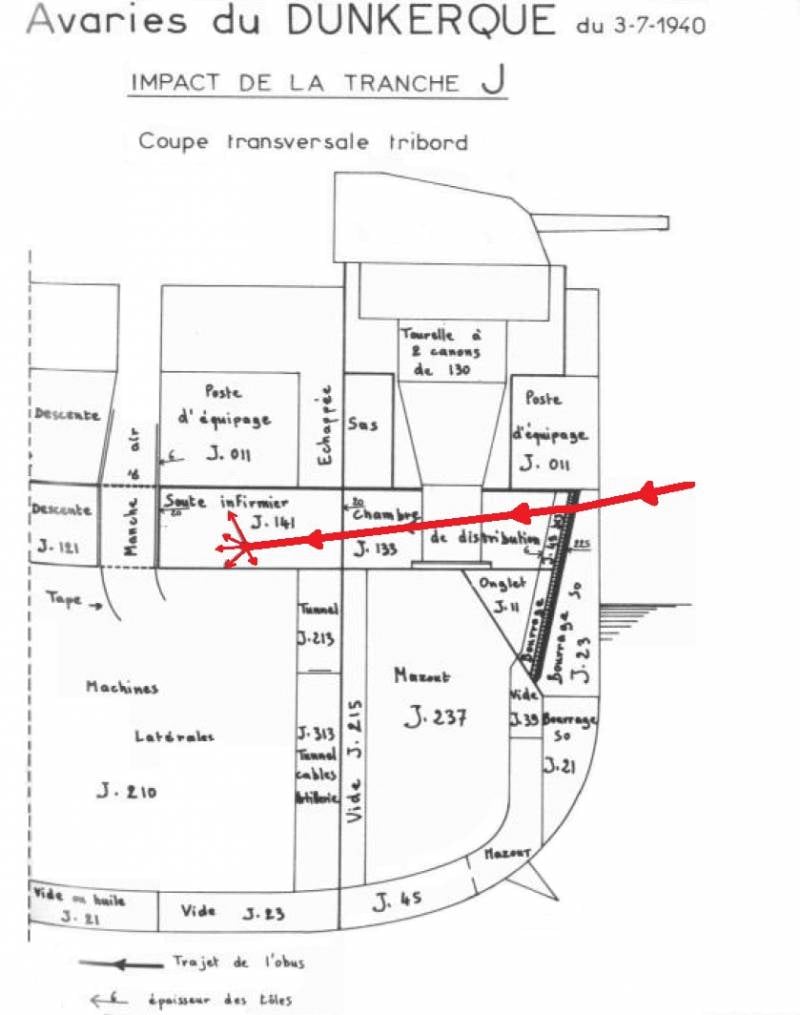
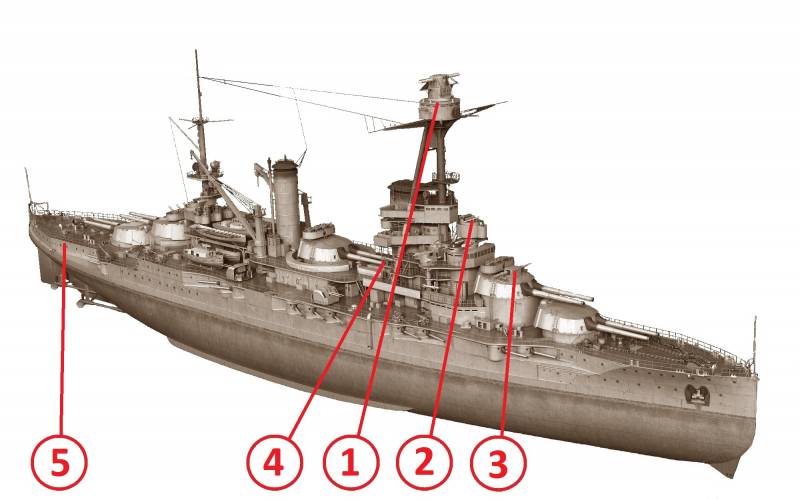
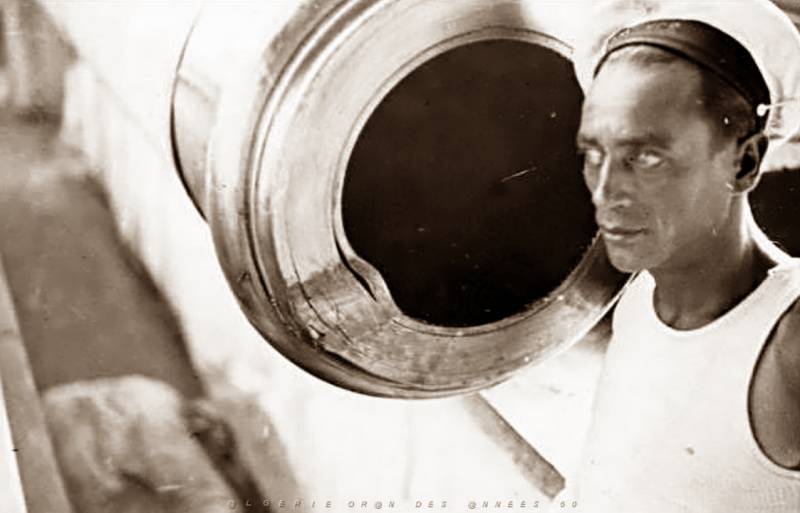
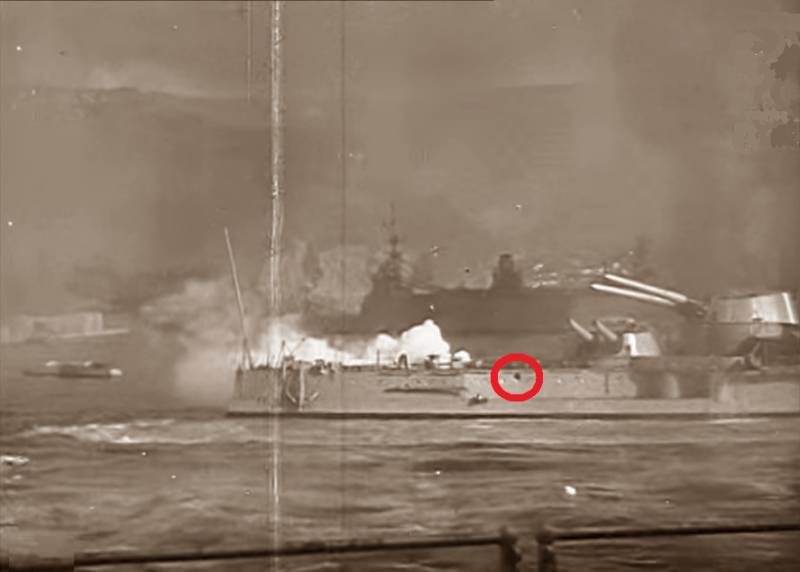
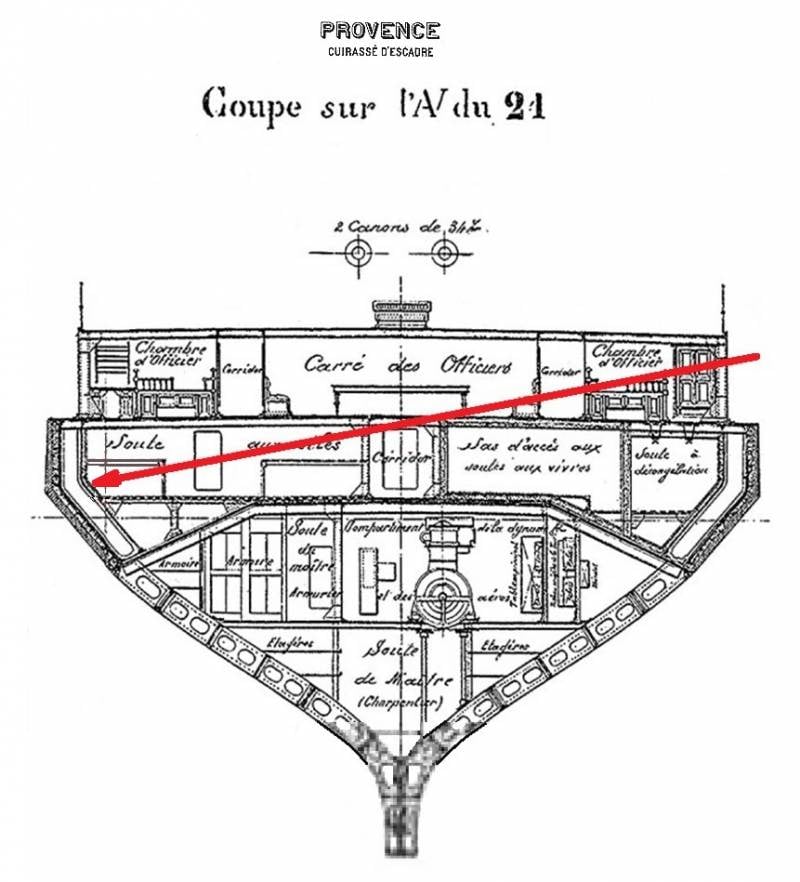
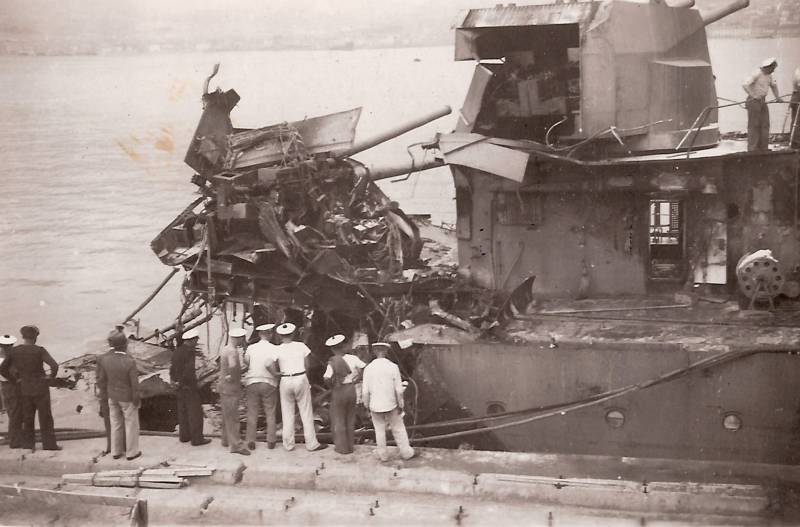
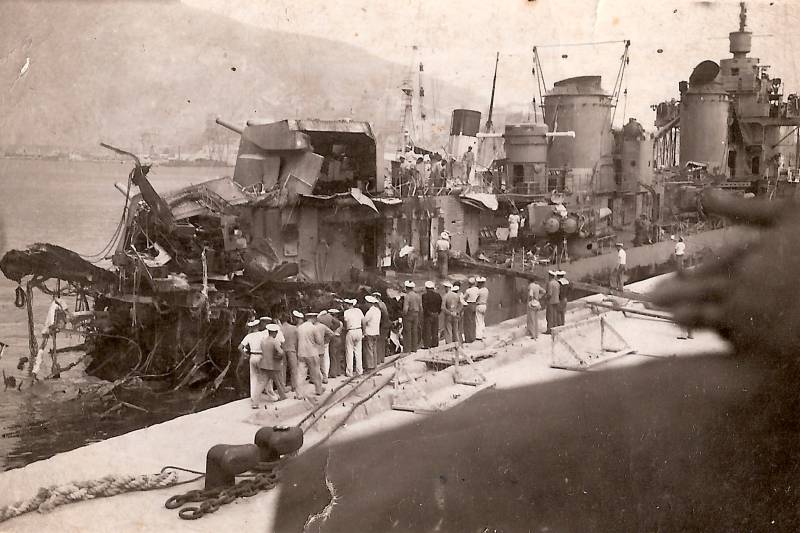
Information